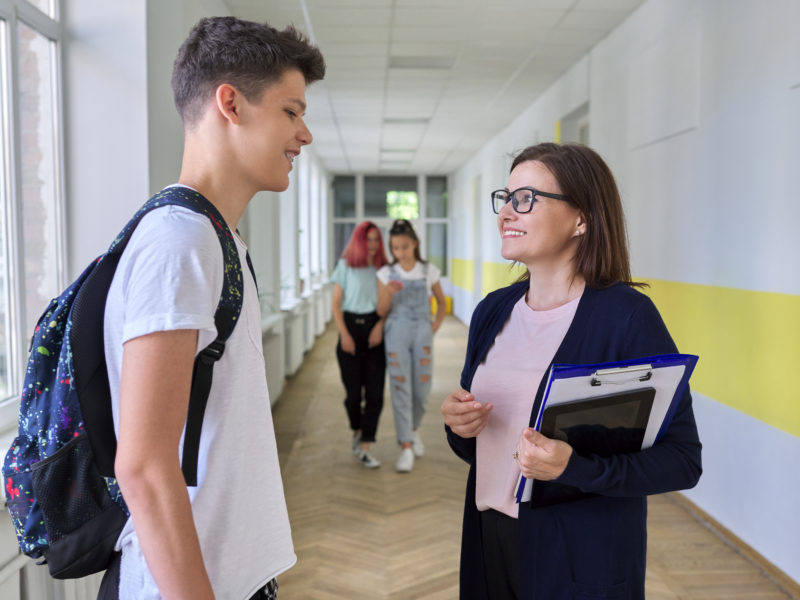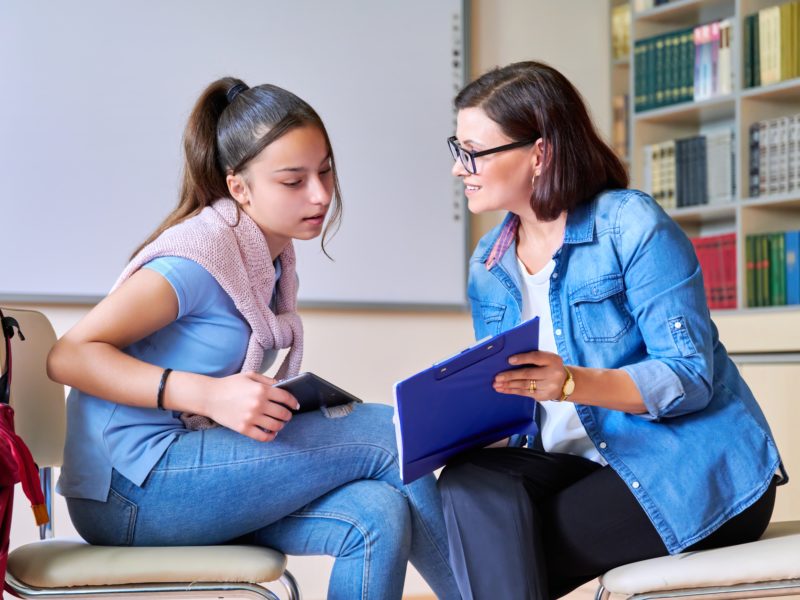Cerebrate Blog.
Explore strategies for skill development

9 Ways to Model Emotional Control
Posted In Teaching
To help students develop critical executive function skills, it is essential to model emotional control in your classroom. Emotional control refers to the ability to manage one’s feelings while completing tasks and working toward goals. Students who struggle with emotional control often react strongly to triggers or problems, making it difficult for them to focus […]

9 Ways to Model Flexibility
Posted In Teaching
As educators, one of the most impactful ways we can support students in developing flexible thinking is by ensuring we model flexibility in our daily interactions and routines. In education, flexibility is a vital executive function that describes the ability to adapt to changing conditions by revising plans or switching strategies. Students who struggle with […]

9 Ways to Model Self-Monitor
Posted In Teaching
Self-monitoring is a vital executive function skill that enables individuals to evaluate their own performance and behavior within a given situation. To help students develop this crucial ability, educators can model self-monitor in everyday classroom interactions. Modeling self-monitor not only guides students in building self-awareness but also equips them with the tools they need for […]

9 Ways to Model Self-Control
Posted In Teaching
Model self-control to create a classroom environment where students learn to pause, think, and act intentionally rather than impulsively. In the classroom, students struggling with self-control often face challenges regulating their behavior, leading to disruptions and missed learning opportunities. Teaching self-control is essential but demonstrating it through intentional modeling is often the key to helping […]

